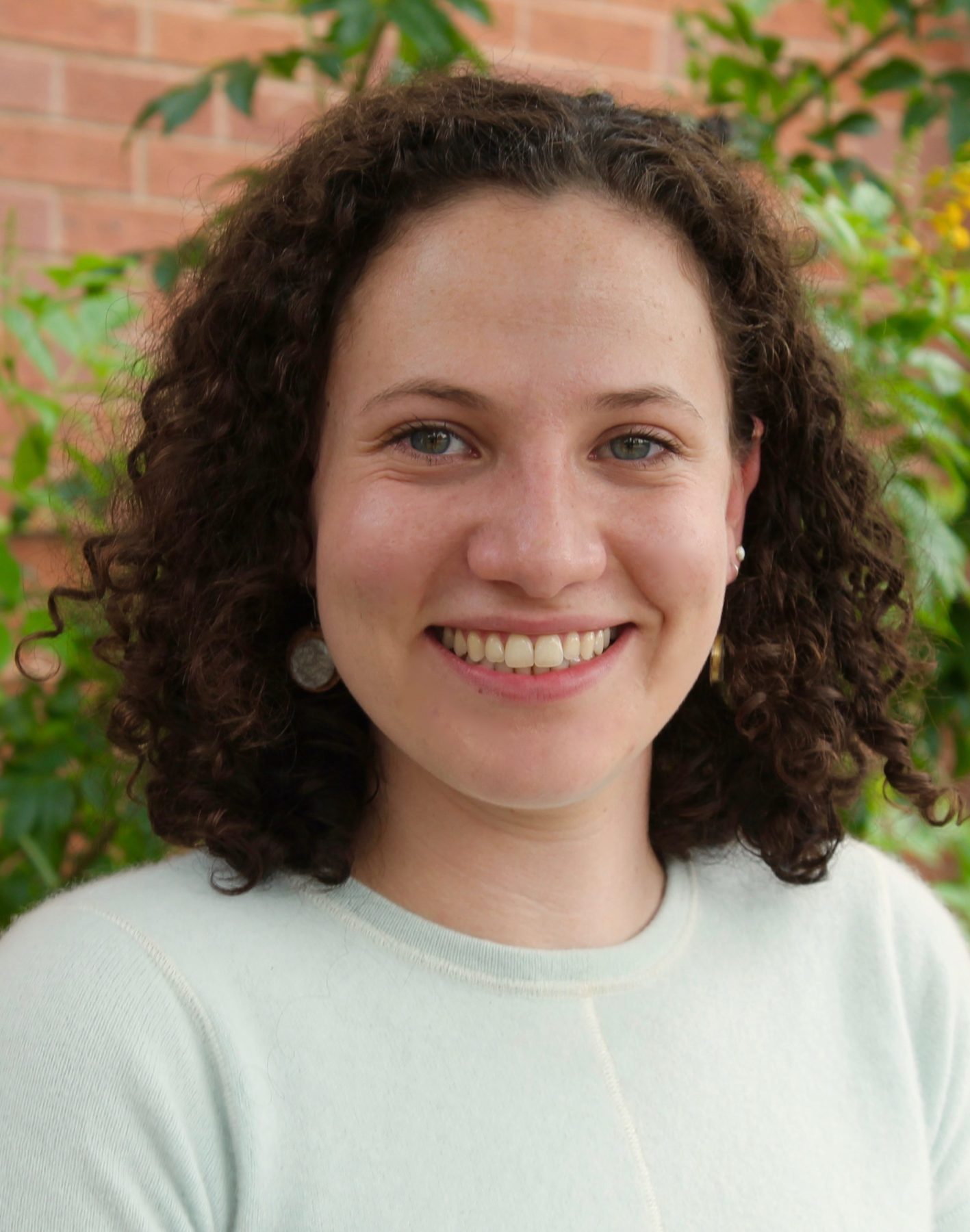Breakthrough expands Mental Health Services to remove barriers to affordable, high quality counseling for students
“The crux of our work is building relationships with students. We don’t just offer academic support; we give holistic support. We care about our students as people. We know that you can’t just look at the grade book and talk about classes, especially during the pandemic when LIFE has become so hard for so many of us. Oftentimes a student will share that they’re struggling with stress or anxiety or feelings of depression, and it’s on us as advisors to let our students know that we offer free mental health services.”
-Libby Goldman, Program Coordinator
Since the onset of the pandemic, Breakthrough has expanded its mental health partnership program to remove barriers to affordable, high quality counseling for Central Texas students. Through retainer-based partnerships with independent therapists, Vida Clinic, and the Samaritan Center, any Breakthrough student or family member has access to mental healthcare entirely free of charge, curbing some of the disparities of mental healthcare access in our community and supporting student wellbeing.
Libby Goldman, a Breakthrough Program Coordinator who supports these partnerships, took time to share more.
Read more below.
Q&A with Program Coordinator, Libby Goldman
When did Breakthrough start providing mental health support for students?
LIBBY | For many years, Breakthrough referred students to mental health providers through campus resources or directly to mental health organizations. The challenge with those referrals is that we didn’t always know if the student or family was receiving services, what was the quality of the counseling, or if cost or fit was a barrier.
We are fortunate that our Chief Student Support Officer, Zakiyyah Kareem, who holds a Masters in Counseling, has advocated for mental health supports over the years, allowing the organization to grow in this area.
How have the supports evolved over time, especially during the pandemic?
LIBBY | With the impact of the pandemic on our students’ mental health, we began to contract with two independent therapists in 2020. There was a pilot period initially, in hopes of understanding what quality mental health services through Breakthrough could look like. These two wonderful therapists took on a caseload of students including some referrals from all grade levels, and it went really well. It turns out we had an overwhelming number of students that wanted mental health services, and with two therapists, capacity was limited. After brainstorming additional ways to make support accessible, Breakthrough’s leadership team decided to prioritize this effort. So, we started fundraising and making room in the budget to provide more access to resources and support for students. We also began incorporating conversations around mental health into our programming at the high school level, specifically with our 10th grade class.
Now in addition to our independent therapists, we have an active partnership with Vida Clinic and are working to solidify another with the Samaritan Center.
Tell us more about the referral process.
LIBBY | Occasionally, students or families will reach out about these services, but most often, referrals come from their advisors. Every Breakthrough student has an advisor who serves as their advocate and champion. This model of support, including close relationships with students and families, enables advisors to identify emerging mental health concerns. Usually a student self-discloses an issue they’re going through, and it’s up to the advisor to offer mental health support to the student and explain what it might look like.
All of our program team staff and Americorps members receive training on protocols for supporting our students in crisis. Additionally, there’s a simple flowchart that our staff follows through the referral process. It begins with empathetic listening when a student expresses a mental health concern, and identifying whether or not that student is in crisis. From there and depending on the situation, there are several steps that include sharing the option that Breakthrough can help them see a therapist for free.
Our goal is that every Breakthrough advisor has the tools to make a referral, and we trust our partners to take it from there. They follow up with families who haven’t submitted paperwork, conduct the therapy sessions, and provide reports back to Breakthrough, while still honoring student privacy.
Why is this important to you?
LIBBY | The crux of our work is building relationships with students. We don’t just offer academic support; we give holistic support. We care about our students as people. We know that you can’t just look at the grade book and talk about classes, especially during the pandemic when LIFE has become so hard for so many of us. During our sessions, we are building trusting relationships so we talk about all kinds of things and learn a lot of things about our students. Oftentimes a student will share that they’re struggling with stress or anxiety or feelings of depression, and it’s on us as advisors to let our students know that we offer free mental health services.
In 2018, when I first started working at Breakthrough, I had students that were coming to me about mental health crises, and it was overwhelming to me at first. I had just graduated college and didn’t know where to point them. It’s very heartening for me to see that Breakthrough is making it happen and investing more each year in mental health initiatives.

Libby Goldman
Program Coordinator
HELP EXPAND BREAKTHROUGH'S MENTAL HEALTH SERVICES
Our long-term objective is to ensure students stay on track to attain their postsecondary goals. Through sustained, trusting relationships and by removing barriers to mental health care, Breakthrough can positively impact student progress toward this goal- and through your support, we see this become a reality for more and more students.
Give today to the Student & Family Support Fund to ensure Breakthrough can continue rapidly providing access to mental health services to any student or family who wants or needs them.
